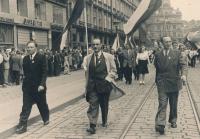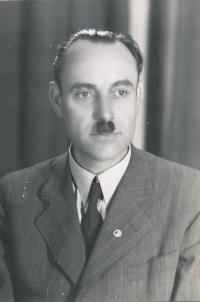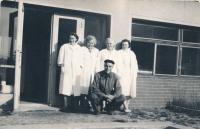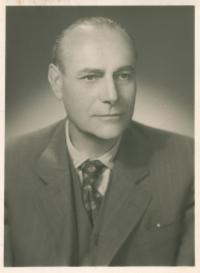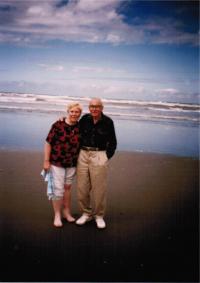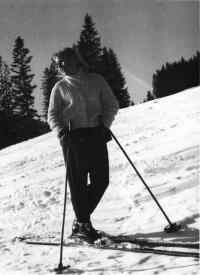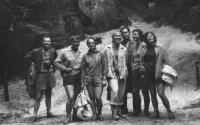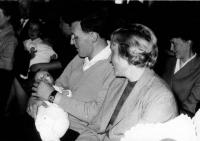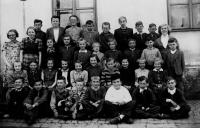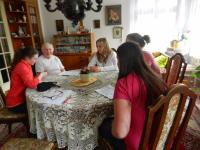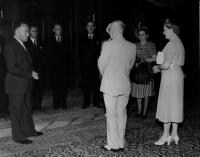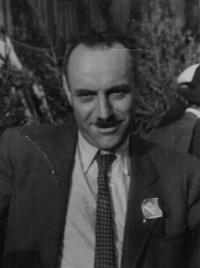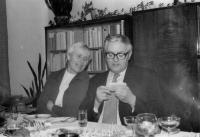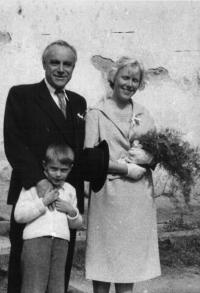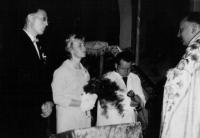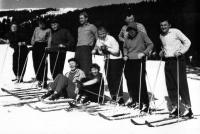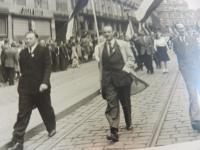Before the war there weren’t conflicts between the Czechs and the Germans

Download image
Ludmila Sedláková, née Janáčková, was born on 19 June 1931 in Jihlava. Her father was an active member of the Czechoslovak People’s Party, her mother was the first married teacher in Czechoslovakia. At the time of the Protectorate, her uncle Josef was helping the assassins of Reinhard Heydrich. Following the discovery of his activities he was executed along with all of his family. In the tense years of 1944 and 1945 Ludmila’s sister worked in a local hospital. Ludmila witnessed the Soviet Army liberation as well as the rampage of the so-called Revolutionary Guards who murdered a number of local Germans including the mayor Vilém Bardas. In 1948 Ludmila’s father opposed the collaboration of the People’s Party with the communists which lead to him being expelled from the party and later imprisoned for years. Both Ludmila’s siblings, her mother and her future husband were all also persecuted. She herself worked as a teacher and along with her children took active part in catholic social life in Jihlava.
